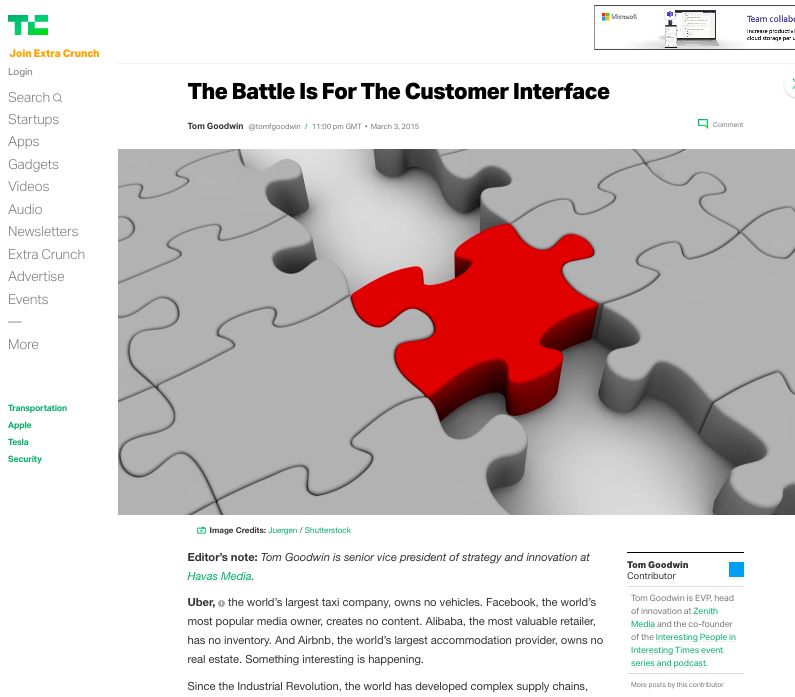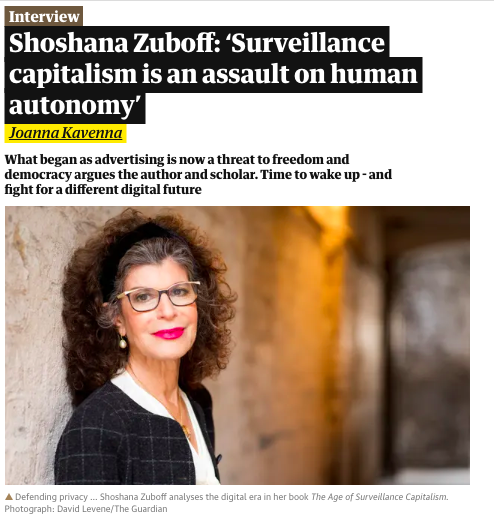![Image of a Dublin taxi [licensed by Craicabu under the Creative Commons Attribution-Share Alike 4.0 International license]](https://diarmaidmacm.ie/wp-content/uploads/2020/01/Irish_taxi.jpg)
As I stood in the rain in Dublin the other day, I tried to flag down a taxi. But instead of stopping, taxi drivers pointed at their smartphones to let me know they’d already been booked via an app. My phone had a dead battery so I was powerless to book a taxi on an app myself. And I didn’t have the right cycling gear to attempt cycling through the torrential rain on a city bike. It made me realise that we now live in what I’m calling an “Interception Economy.”
What is the definition of an Interception Economy? The definition of an Interception Economy is an economy where digital platforms intercept transactions we used to do directly ourselves for their own financial gain – all while supposedly offering us convenience in return.
The interceptors: Uber and Freenow intercept our taxi bookings. Airbnb intercepts our overnight stays. Just Eat and Deliveroo intercept our takeaway orders. Spotify intercepts our music purchases. And Ticketmaster intercepts our concert ticket bookings. These platforms all take a cut of every transaction in return for the apparent convenience of access to a market they claim to have created.
Merging perspectives: It’s five years since Tom Goodwin wrote about the world’s biggest taxi company having no cars and the customer interface layer in his now famous (and virally quoted) TechCrunch article:

It’s also around five years since Shoshana Zuboff first started writing about surveillance capitalism.

It’s now time for these two perspectives to be merged and to recognise that we live in this “interception economy.”
Market moving power: What intrigues me most is that these interception economy companies are now so big that using them is hard to avoid – even for the basic tasks we used to do ourselves. The digital privacy aspect of this is definitely one concern, but there is also a financial aspect to it because these companies now have the power to control pricing in their favour. The controversies around Uber’s automatic “surge” pricing after terror attacks, for example, show how this financial side of things can play out in unexpected ways.
So who will be intercepting your transactions today? Or will you be doing the intercepting? I’ve already had some interesting feedback on my LinkedIn post about this interception economy idea so let me know what you think about it too. Leave a comment or message me directly.